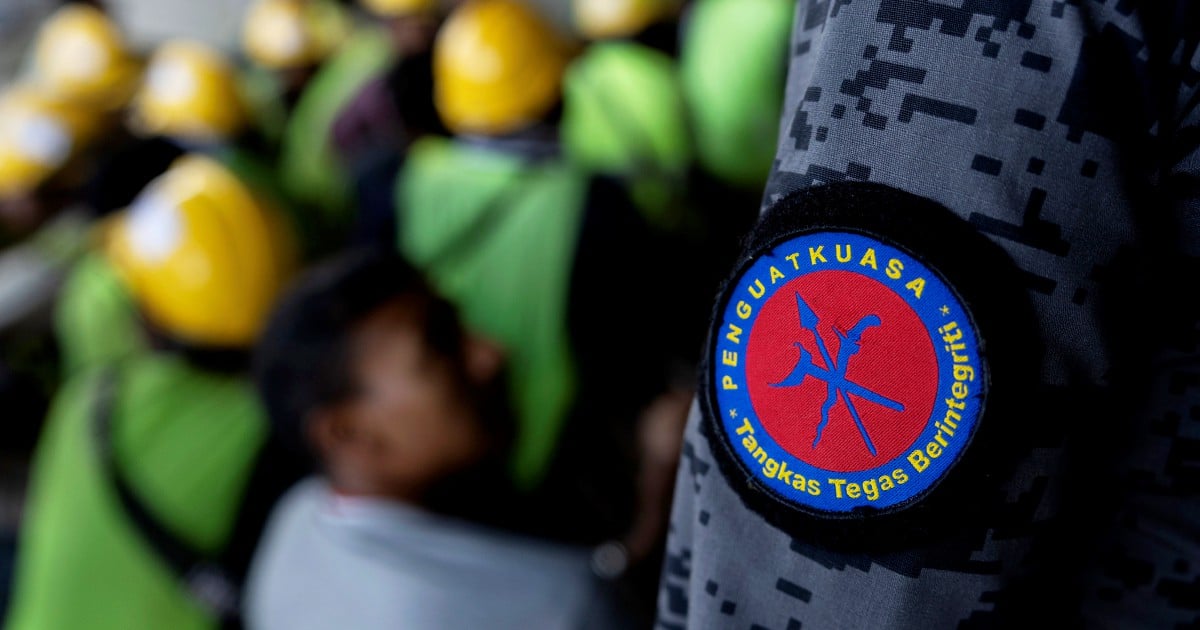AS the saying goes, when in Rome, do as the Romans do. Closer to home, there’s another almost similar saying: if entering a goat pen, bleat, and if entering a cattle pen, moo.
The advice is clear. We, or foreigners, who clamour to migrate legally, or illegally, to Western democracies should at least assimilate and observe the host country’s norms — language, etiquette and laws — without abandoning cultural and religious identities.
While they are at it, don’t diss the hosts’ generosity, which, by the looks of it, are plateauing, even regressing.
While historically hosting millions of the émigré class, Western democracies have developed serious misgivings with their “openness”, to the point that they have imposed extremely strict immigration laws.
While host countries are not entirely against immigration, they abhor illegal entry or those disguised as tourism or temporary employment that turns out to be unlawfully permanent.
In recent years, hostilities have mounted after migrants imposed their social, cultural and religious sensibilities at the expense of the hosts’ sensitivities.
Consequentially, the politics of immigration have resulted in a severe backlash designed to deter future mass migration and asylum seekers.
Malaysia is no different. In recent days, scores of Indian nationals have been denied entry and left stranded at the airports.
Travellers arriving under the 30-day visa-free scheme are now placed in the “Not To Land” category, flagged for insufficient funds, unverifiable accommodation, dubious return tickets and suspicions of job-seeking disguised as travel.
The Malaysian Border Control and Protection Agency is prompting tourists to enter with proper travel arrangements, hotel bookings and adequate funds or risk a forced return flight. For those who break their visa or work permit rules, they face immediate deportation and an indefinite entry ban.
The reasoning is justified: countries enforcing strict border controls want to maintain sensible immigration, security and sovereignty.
To curb illegal entry, some host nations have deployed stringent maritime arrival control and shipped illegal migrants to offshore detention centres. Yet, migrants keep on coming and, in this part of the world, they make a beeline to Malaysia.
Besides being strategically straddled regionally, migrants only see bountiful job (and business) opportunities, higher wages and profits and peaceful space, privileges denied them back home.
They also enjoy the strong cultural and historical ties, diaspora presence, familiar culinary experiences and a welcoming environment, complemented with superior infrastructure.
That’s why the Rohingya make the perilous trek, willing to endure a journey fraught with exploitation, violence and death. Now, 300,000 to 500,000 illegal foreign workers and undocumented migrants ranging from 1.2 million to 3.5 million occupy Malaysia. These numbers are a heavy socio-economic and security burden, surreptitiously aided by graft and locals harbouring them.
Despite repeated deportations and raids, these migrants will keep on returning because Malaysia is perceived as a paradise.
© New Straits Times Press (M) Bhd






